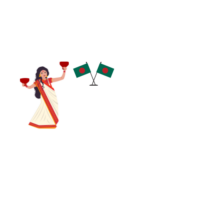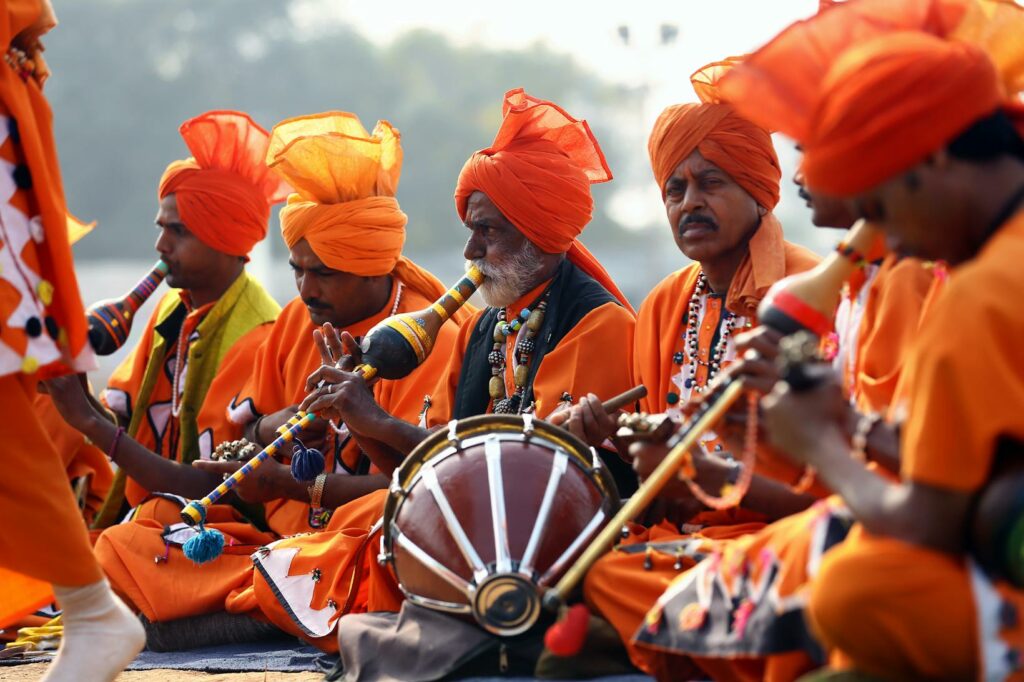India, a land of diversity and rich traditions, offers a tapestry of stories that weave together its vibrant culture and heritage. From ancient epics like the Mahabharata and Ramayana to folklore passed down through generations, these narratives capture the essence of a civilization that’s both timeless and dynamic. Each story reflects India’s multifaceted identity, highlighting its values, beliefs, and customs.
Delving into these stories provides a window into India’s soul, revealing the profound wisdom and creativity that have shaped its history. Whether it’s the architectural marvels of the Mughal era or the spiritual teachings of sages, India’s cultural heritage is a testament to its enduring legacy.
Stories on Indian Culture and Heritage
Indian culture embodies a mosaic of traditions, languages, and religions, enriching its social fabric. With over 2,000 distinct ethnic groups, India showcases an incredible spectrum of customs and practices. Languages like Hindi, Bengali, and Tamil each contribute to this diversity. Beliefs such as Hinduism, Islam, and Christianity coexist, illustrating India’s remarkable religious pluralism.
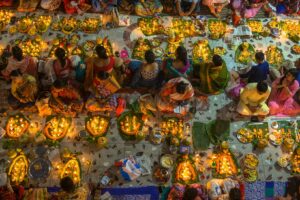
Arts and crafts form a significant facet of Indian culture. Traditional dances like Bharatanatyam and Kathak narrate stories through intricate movements and expressions. Music genres such as classical Hindustani and Carnatic influence global music scenes. Artisans create vibrant textiles, jewelry, and pottery, reflecting regional identities and craftsmanship.
Festivals in India highlight communal harmony and cultural heritage. Celebrations like Diwali, Eid, and Christmas attract diverse participation, reflecting India’s secular ethos. Each festival brings unique rituals, foods, and community activities, fostering unity and joy among participants.
Indian cuisine, renowned globally, offers diverse flavors and regional specialties. Dishes like biryani, dosa, and curry utilize various spices and ingredients, showcasing culinary diversity. Indian food adapts traditional methods like tandoor cooking and blends them with local techniques, enhancing its global appeal.
Importance Of Stories In Preserving Heritage
Stories play a crucial role in safeguarding India’s cultural heritage. They transmit values, traditions, and historical insights across generations.
Oral Traditions And Folklore
Oral traditions serve as living archives of cultural practices. Folklore, including tales like Panchatantra and Jataka, imparts moral lessons while reflecting local customs and societal norms. Community elders often pass these stories down, ensuring continuity in cultural education.
Historical Narratives And Epics
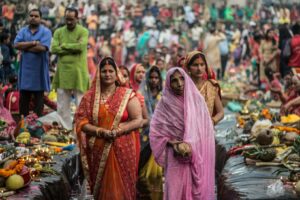
Epics like the Mahabharata and Ramayana chronicle India’s historical and spiritual evolution. These narratives offer insights into ancient governance, ethics, and social hierarchy. By providing a glimpse into past philosophies and events, they contribute to a collective memory that influences modern identities and values.
Notable Stories Highlighting Indian Culture
Indian culture and heritage are deeply embedded in its storytelling traditions. Notable stories like the Ramayana and Mahabharata, along with collections such as Panchatantra and Jataka Tales, reveal the layers of India’s rich tapestry.
The Ramayana and Mahabharata
The Ramayana and Mahabharata are epic narratives that define Indian culture. The Ramayana, attributed to the sage Valmiki, follows the journey of Prince Rama to rescue his wife, Sita. This ancient epic emphasizes dharma, or duty, and loyalty, core tenets of Hindu philosophy. The Mahabharata, composed by Vyasa, is one of the longest epic poems in the world. It depicts the conflict between two royal families, the Pandavas and the Kauravas, offering lessons on justice, kinship, and righteousness. These epics have been retold across generations, influencing art, theater, and religious practices.
Panchatantra and Jataka Tales
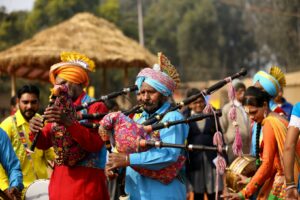
Panchatantra and Jataka Tales are celebrated collections of fables. Panchatantra, written by Vishnu Sharma, comprises animal stories crafted to impart moral values and wisdom, focusing on practical life lessons like friendship, strategy, and leadership. Jataka Tales recount the previous lives of Gautama Buddha, each story illustrating karmic principles and ethical conduct. These stories serve as educational tools for children and adults alike, providing insight into virtuous living and ancient Indian thought. Through oral traditions and written forms, these tales continue to influence contemporary ethics and storytelling worldwide.
Cultural Richness
India’s cultural tapestry is a testament to its enduring legacy of storytelling. These narratives, from epic tales to regional folklore, not only preserve the essence of Indian heritage but also offer profound insights into universal themes of morality, justice, and community. As modern media evolves, it presents both opportunities and challenges in maintaining the authenticity of these stories. However, their timeless wisdom continues to resonate, shaping identities and fostering a deeper understanding of India’s diverse cultural landscape. Embracing these narratives ensures that the rich traditions of India remain vibrant and influential in a rapidly changing world.
